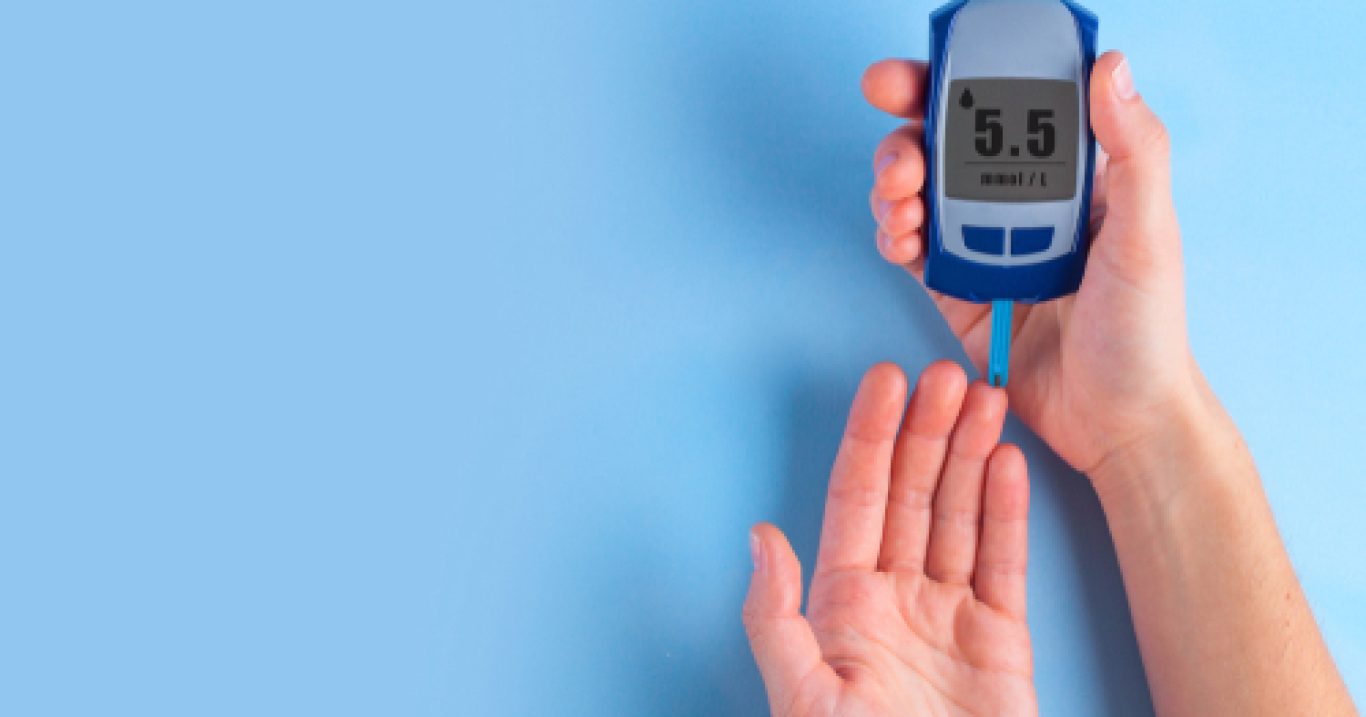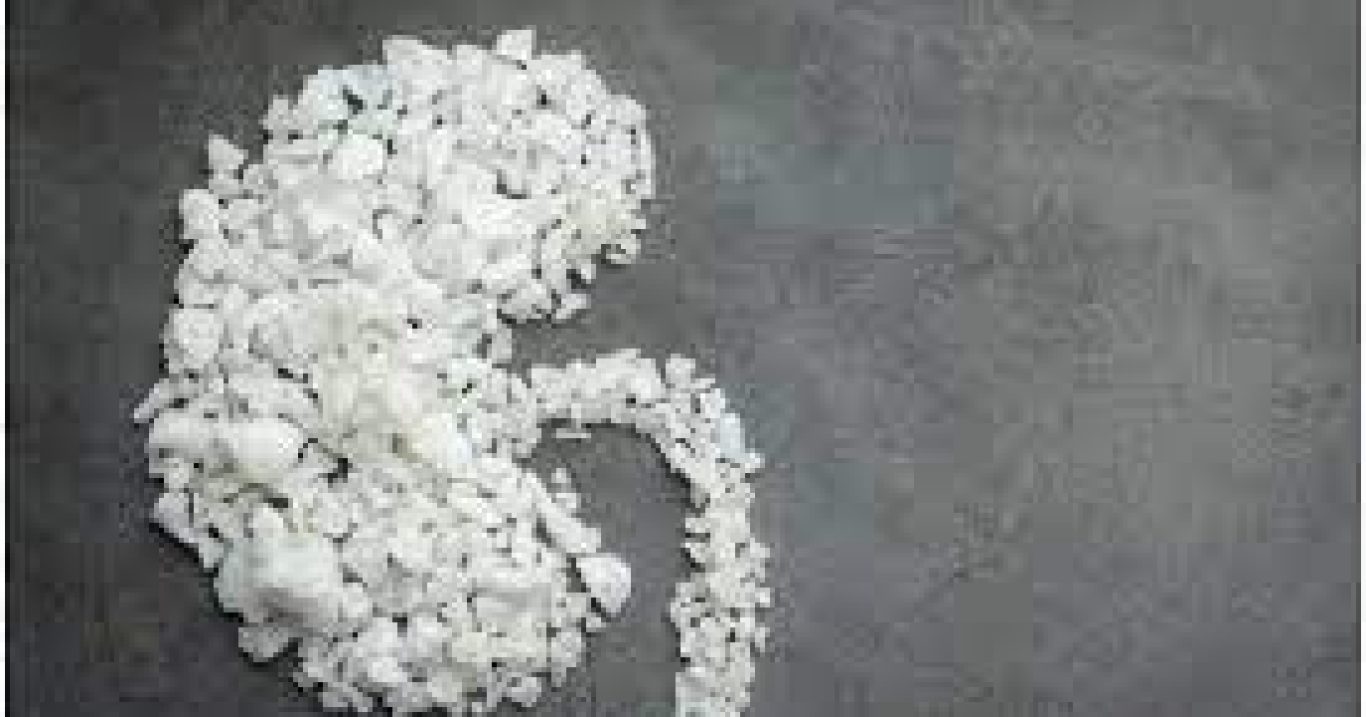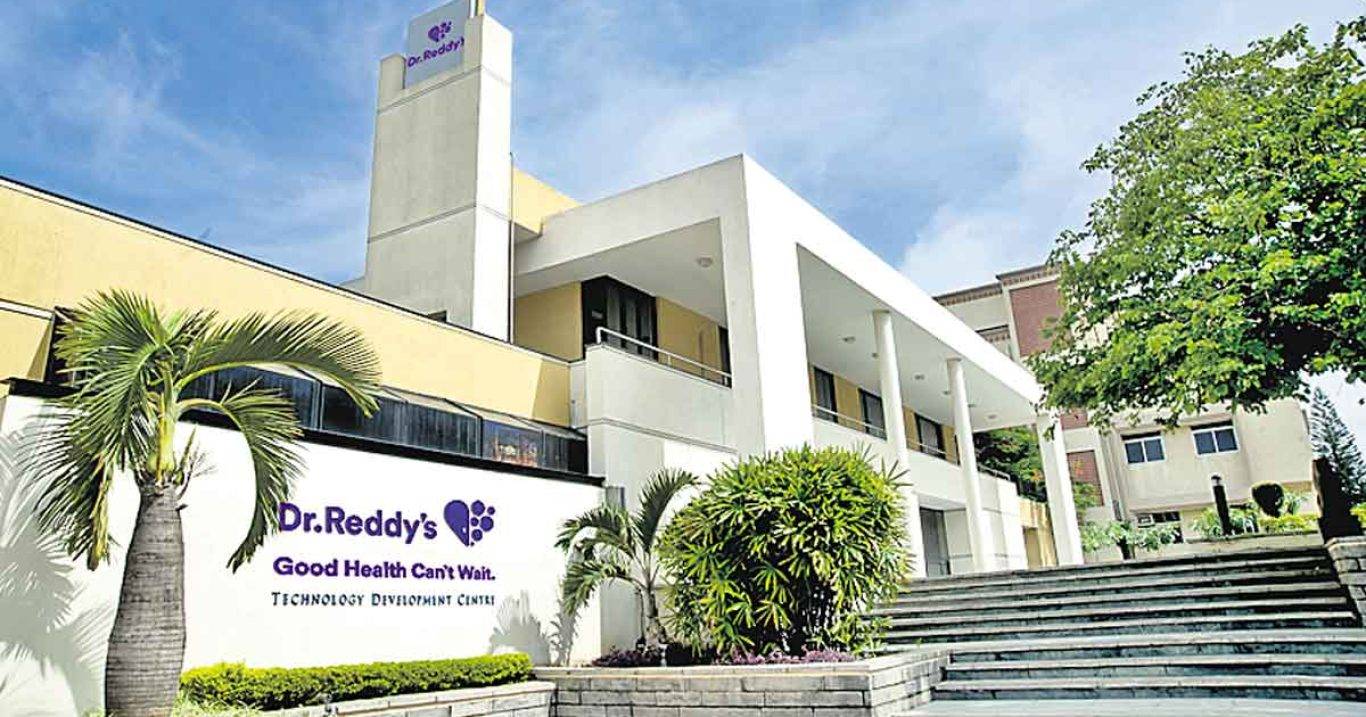Alzheimer’s Disease in India
Alzheimer’s Disease (AD) is the most common type of dementia, in which the mental ability of persons gradually declines and reaches a stage where it becomes difficult for them to lead a normal life. With the disease progressing gradually, patients find themselves more and more dependant on their immediate family members for survival. It is even hard to diagnose the disease as the families are not forthright
Alzheimer’s Disease (AD) is the most common type of dementia, in which the mental ability of persons gradually declines and reaches a stage where it becomes difficult for them to lead a normal life. With the disease progressing gradually, patients find themselves more and more dependant on their immediate family members for survival.
The most striking feature of AD is the loss of short-term memory among patents. It starts as minor forgetfulness and progresses into a disorder in which persons can’t even identify their near and dear ones. Patients lose both visual and verbal memories such as forgetting telephonic conversations, names of recent acquaintances, misplacing objects and losing way in known surroundings.
Associate professor, Department of Neurology, NIMS, Dr. K. Rukmini Mridula says that the while there are no cures for Alzheimer’s, family and society support is vital. “A well-knit support group and a day care centre will boost the morale of care-givers. We need such services in our country,” she said in a talk on neurodegenerative disease at Andhra Pradesh Homeopathic Association (APHA)
“In India, the family is the care-giver for AD patients. A majority lack the basic understanding of the ailment, there is scarce information, awareness and special services for such patients and even for families. Sometimes, it becomes hard to even diagnose AD because patients and families are not forthright and ill-informed,” she says.
Worldwide, Alzheimer’s is found in at least one among 10 persons who are more than 80-year-old and one out of four persons who are above 90 years. In India, there are nearly 50 lakh dementia patients of which, roughly 70 to 80 per cent have Alzheimer’s.
The Indian numbers are expected to double by 2030, and the costs involved are expected to increase three times. The present day costs of maintaining Alzheimer’s patient is roughly between Rs. 50,000 to Rs. 4,50,000. The neurologist pointed out that AD is the most common kind neurodegenerative disease, which is caused due to accumulation of toxic proteins in the neurons, which are the basic building blocks of the human brain.
“AD occurs due to abnormal and toxic protein accumulation in neurons. We lose the capacity to remove toxic proteins with age and that’s why such ailments manifest in older age,” said Dr. Rukmini.
Washington: Researchers have suggested that disabling a gene that helps keep track of time makes brain cells more likely to die spontaneously, and they believe that this connection may help strong connections between sleep problems and neurodegenerative conditions such as Alzheimer’s disease.
Scientists at Washington University School of Medicine in St. Louis and the University of Pennsylvania have shown that brain cell damage similar to that seen in Alzheimer’s disease and other disorders results when a gene that controls the sleep-wake cycle and other bodily rhythms is disabled.
The researchers found evidence that disabling a circadian clock gene that controls the daily rhythms of many bodily processes blocks a part of the brain’s housekeeping cycle that neutralizes dangerous chemicals known as free radicals.
Musiek studied mice lacking a master clock gene called Bmal1. Without this gene, activities that normally occur at particular times of day are disrupted.”Normally in the hours leading up to midday, the brain increases its production of certain antioxidant enzymes, which help clean up free radicals,” first author Erik Musiek, assistant professor of neurology at the School of Medicine, said. “When clock genes are disabled, though, this surge no longer occurs, and the free radicals may linger in the brain and cause more damage.”
Musiek found that as the mice aged, many of their brain cells became damaged and did not function normally. The patterns of damage were similar to those seen in Alzheimer’s disease and other neurodegenerative disorders.
The study was published in The Journal of Clinical Investigation.










